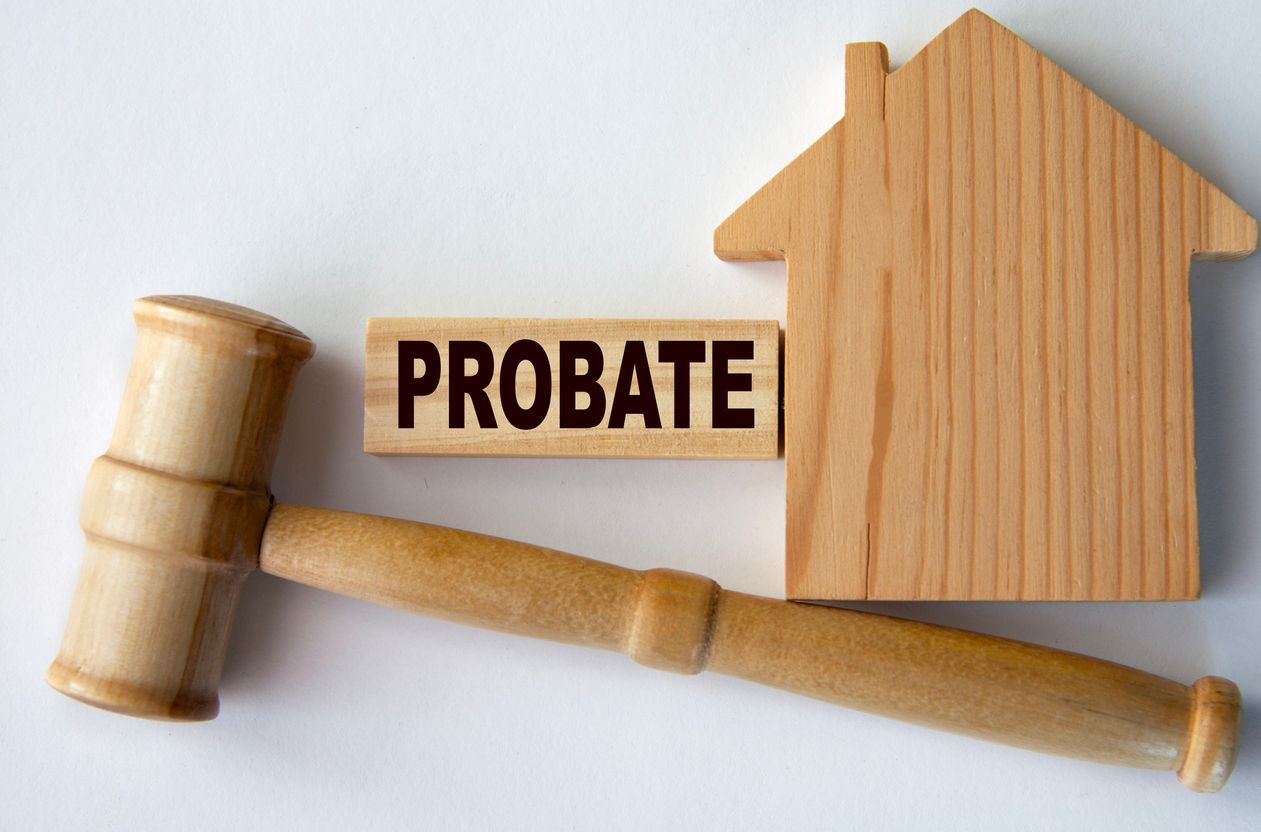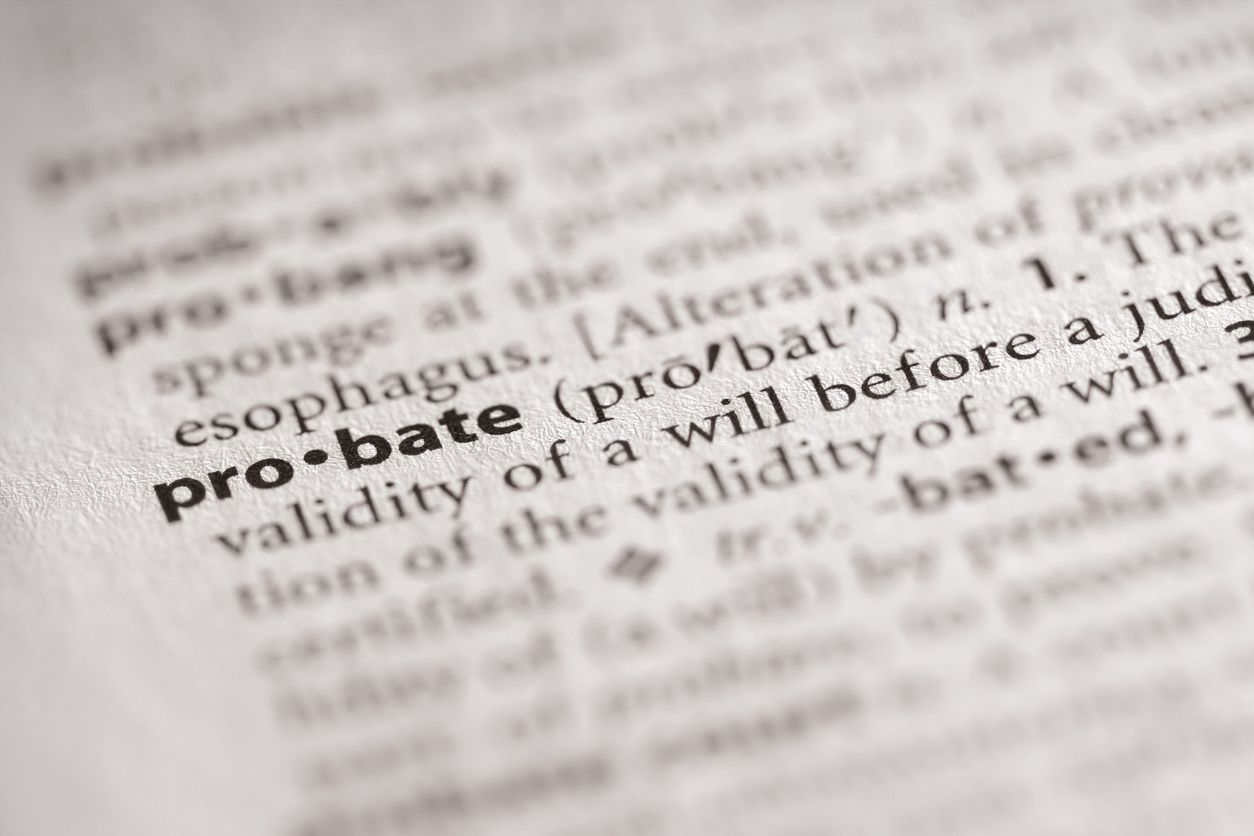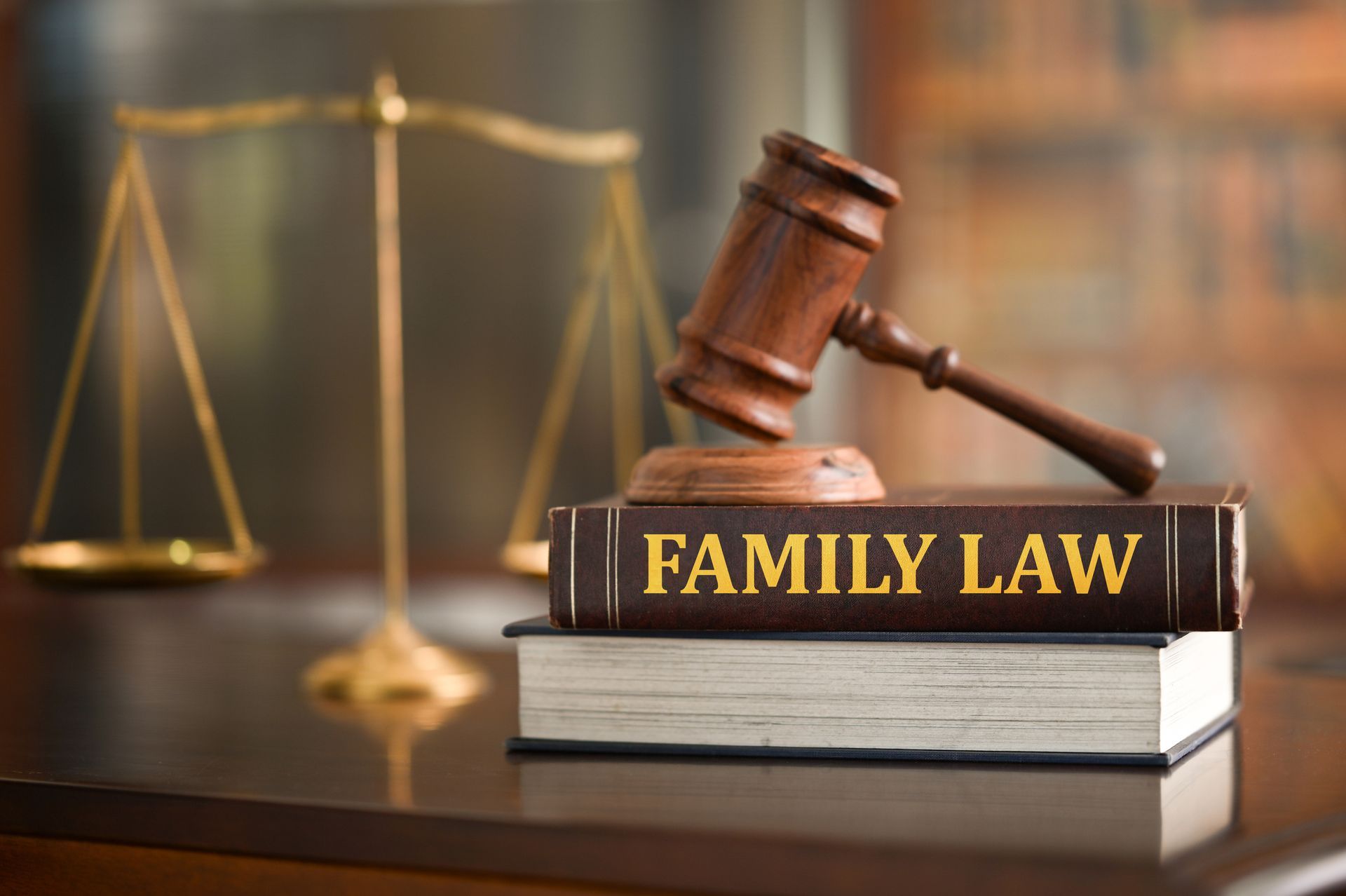How to Pay Estate Bills During Probate
Answers from Ashley L. Ownby, Attorney at Law – Cleveland, TN
When someone passes away, settling their estate often involves more than distributing assets. One of the most important steps in probate is making sure the estate’s bills and debts are properly handled. Below is a helpful Q&A guide for anyone going through probate in Tennessee.
What is the executor’s role in paying estate bills?
As the executor, also known as the personal representative in Tennessee, your responsibility includes managing the estate’s finances. This means gathering all the estate assets, notifying creditors, evaluating debts, and paying any outstanding bills before distributing what remains to beneficiaries. You must act in the best interest of the estate, and you can be held personally liable if you mismanage this process.
When do bills get paid during probate?
You don’t pay bills immediately after someone dies. First, you’ll need to inventory the estate and file paperwork with the probate court. Once the estate is opened, you must notify creditors and give them time to file claims. After this claims period ends, you can begin paying valid debts and expenses - usually with approval from the court, especially for large or contested matters.
What money is used to pay the estate’s bills?
Bills are paid from the estate itself. This includes any money in the deceased’s bank accounts, proceeds from life insurance (in some cases), or funds from selling estate property. If the estate doesn’t have enough cash, the executor may need to liquidate assets like a home or vehicle - but this must be done according to legal procedures and possibly with court approval.
Is there an order in which bills get paid first?
Yes, and following the correct order is important. Funeral and burial expenses typically come first, followed by court costs, attorney fees, and taxes. After that, secured debts like mortgages are paid, and finally, unsecured debts such as credit cards are paid. If you’re not sure how to prioritize, a probate attorney can help ensure that everything is done by the book.
What if a creditor files a late or questionable claim?
In Tennessee, creditors have a limited time to file claims after being notified - usually within four to twelve months. If a claim is filed late or looks suspicious, you have the right to challenge it. These issues often require legal interpretation, so it’s best to seek advice before paying anything you’re unsure about.
Are taxes part of the estate’s bills?
Yes, and they can be complex. You’ll need to file the deceased’s final income tax return, possibly an estate tax return, and ensure all property taxes are current. Sometimes, you may even need to deal with tax matters from previous years. Failing to handle taxes properly can delay probate and create additional costs for the estate.
When can the heirs receive their inheritance?
Only after all valid bills and debts have been paid, and any tax obligations have been cleared. Rushing to distribute assets too soon can lead to serious problems - especially if an unexpected debt arises. Once the estate is fully settled, the court will typically allow the executor to make final distributions.
What records should I keep during this process?
Keep copies of every payment made, including receipts, invoices, and bank records. You’ll also need documentation of creditor claims, court filings, and correspondence. These records protect you and help ensure the estate is closed properly.
Can Ashley L. Ownby help with this process?
Yes. Our office regularly guides clients through the probate process in Bradley County and throughout Southeast Tennessee. From filing the estate and notifying creditors to helping you handle bills, taxes, and distributions, we’re here to make sure everything is done right — and done efficiently.
Need help with probate or managing an estate in Cleveland, TN?
Contact Ashley L. Ownby, Attorney at Law, for a consultation and reliable legal guidance throughout the probate process.











